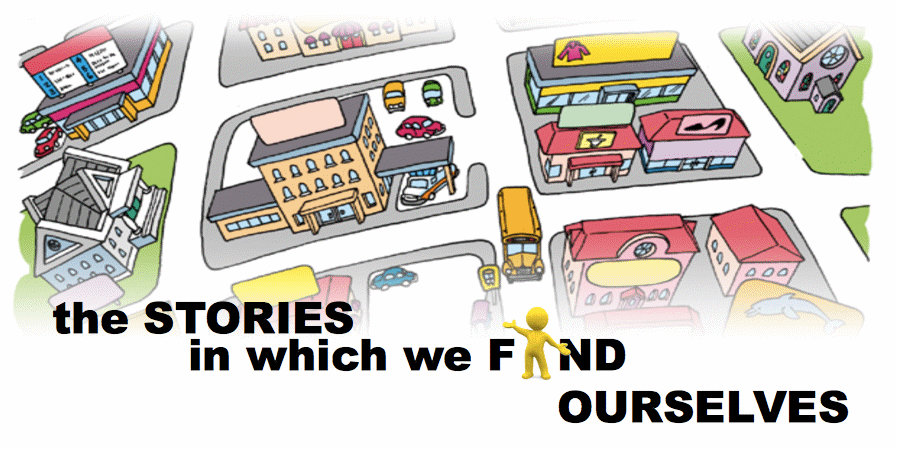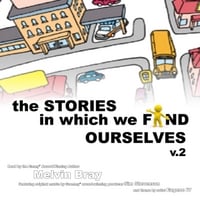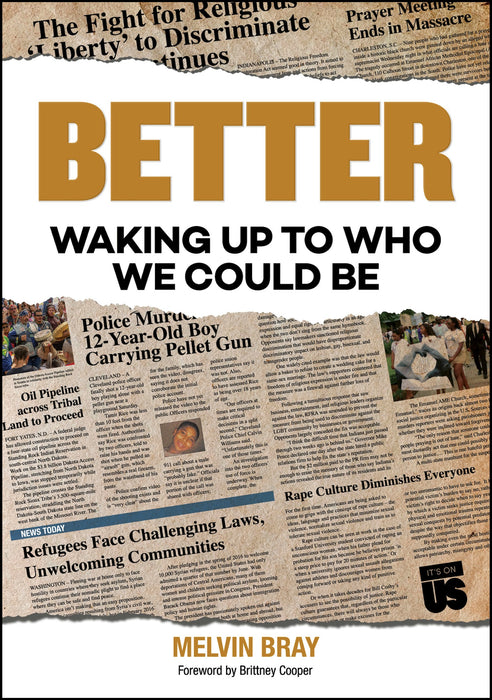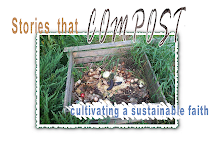(taken from Genesis 4—a story of creation)
The story of the talking snake is often told as the story of how sin entered the world, and perhaps it is—if not in terms of an exact event, definitely the story of how humans foolishly make room for sin time and time again. However, neither change nor changeability were sin. So even though much changes after the man and the woman's encounter with the talking snake, the creation saga says nothing to suggest that before this point the world was static and sterile, unchangeable and unchanging. To the contrary, the way the stories are told, life was full of promise and possibility, action and adaptability. God would make a move (God created); then humanity would make a move (humanity named): Creator initiating, creation responding, creation initiating, Creator responding: round and round it goes. And if the creation stories are given their due, these moves had likely been happening for some time: all creation growing, learning, evolving, changing.
Perhaps the most impressive thing about the creation saga is that no matter how poor humanity's choices are Elohim chooses to come with them. They never endure the consequences of their short-comings alone. In fact, Elohim never takes back her initial judgment that, as far as she is concerned, humanity is "good". The man and the woman's choices and misconceptions haven't changed Elohim's mind; the man and the woman just misplace their God-given imaginations for that good. I guess it's true: what we don't use, we lose. But that's not to say it has to be lost forever.
So Eden becomes unwelcoming or uninhabitable. The man and the woman are forced out into the wilderness to make their way in the world, and where is God? Right there coaching them through it.
I can imagine Elohim initiating a conversation that goes something like, "So where are we going?"
"What do you mean 'we?'"
"I'm going with you, of course."
"But your place is there, back in the garden, back in paradise."
"Says who?
. . . Finish the story!









